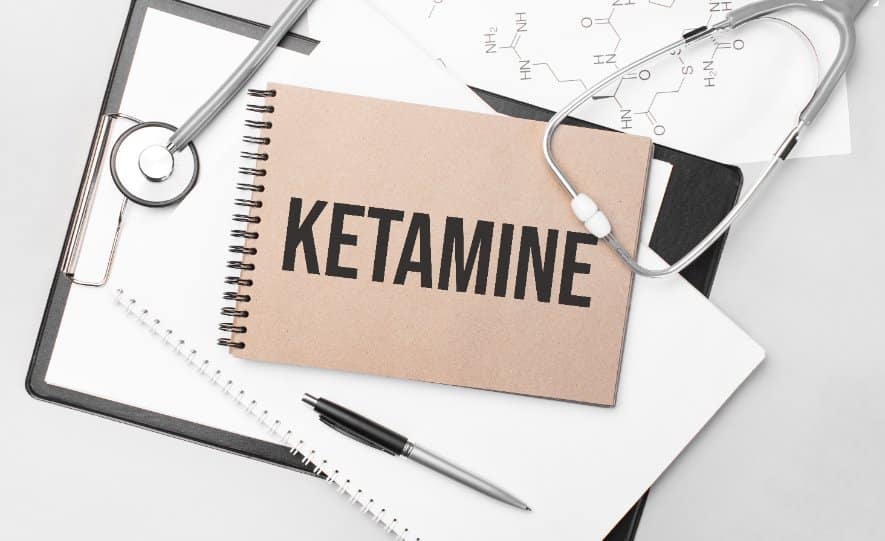By Sean Zucker –
Think ketamine, and the most popular image that probably comes to mind is that of someone into psychedelic recreational drugs. There’s a good reason for this, but this limited vision may soon change. Thanks to recent research and a re-examination of earlier findings, there is growing support that the drug can provide significant mental health benefits.
Drug Enforcement Administration (DEA) clearly labels ketamine as “a dissociative anesthetic with some hallucinogenic effects. It distorts perceptions of sight and sound and makes the user feel disconnected and not in control.” Given this, it is not surprising that it has gained popularity as a recreational drug, earning the moniker “Special-K” among its users. However, a half-century ago, ketamine was first approved for its use in general anesthesia and acute pain management.
New findings now indicate ketamine may offer additional benefits. One recent study out of Sweden underscored the drug’s promise in battling depression. The Karolinska Institutet specifically examined how low doses of ketamine battled difficult-to-treat depression. The researchers used a positron emission tomography (PET) camera to examine ketamine’s impact on the brains of those suffering from the disease.
“In this, the largest PET study of its kind in the world, we wanted to look at not only the magnitude of the effect but also if ketamine acts via serotonin 1B receptors,” explained one of the study’s authors Mikael Tiger, a researcher at the institute. “Another research team was previously able to show a low density of serotonin 1B receptors in the brains of people with depression.”
The study happened in two phases; the first part involved 30 participants with severe or difficult-to-treat depression taking either a ketamine infusion or a placebo. They took PET brain images of all participants before and after the administration. Ultimately, the scans showed those who received the ketamine infusion registered a significant increase in serotonin 1B receptors.
The second part of the study involved all but one of the participants receiving low doses of ketamine twice a week for two weeks. At the end of the trial, more than 70 percent of those treated responded positively to the drug.
Anecdotal evidence also supports the notion that ketamine might offer a positive life-altering boost for those suffering from depression. WebMD detailed its impact on Jeff Winograd, who struggled for years with depression and suicidal thoughts. At 20, Winograd began a long journey focused on trying various treatments, which provided a little relief until he encountered ketamine more than two decades later.
“It was the first time I understood the expression ‘happy place.’ It was this space where everything that had to do with my real life disappeared, and I didn’t have any of that weight I carry with me everywhere I go,” he told the site.
WebMD added that research separate from the work done by the Swedish team revealed that an estimated 70 percent of those who used ketamine experienced short- and long-term relief from depression.
Ketamine is not approved yet for mental health purposes, but legal loopholes created by its approved use as an anesthetic have led to more application opportunities across the county. Florida’s Ketamine Health Centers is one example. It now has locations in Miami, Bonita Springs, Orlando, West Palm Beach, Weston and Mexico.
Ketamine may offer tantalizing promises for mental health treatment, but it also comes with significant warnings and potential drawbacks. The Alcohol and Drug Foundation notes that frequent use of ketamine can lead to dependence and addiction. It can also result in an inability to move, rigid muscles, high blood pressure, fast heartbeat, convulsions and even unconsciousness. In extreme cases, users can overdose and die from ketamine. These challenges mean there needs to be more research before approval for widespread mental health treatments.












